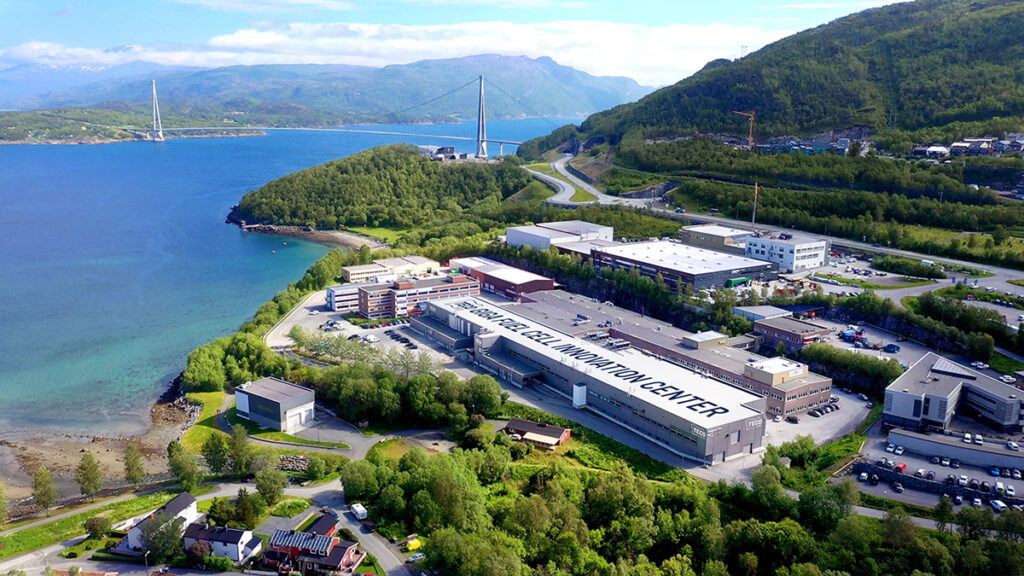TECO 2030 and Yokogawa Electric Corporation have announced a strategic partnership and investment agreement. The primary goal of this collaboration is to advance hydrogen fuel cell technology, with a particular focus on deploying these innovative power sources in industrial applications, including maritime transportation.
Fuel cells, particularly those powered by green hydrogen or hydrogen produced through green ammonia-to-hydrogen cracking technology, are rapidly emerging as efficient, zero-emission energy sources. These hydrogen fuel cells use an electrochemical process that combines hydrogen and oxygen to produce electrical energy and water. What sets them apart is their exceptional energy efficiency and their ability to produce zero nitrogen oxide (NOx) emissions, making them ideal for a wide range of applications.
Historically, hydrogen fuel cells have been used primarily in fuel cell vehicles (FCVs) and stationary power supply devices. However, their adoption has been limited due to various factors. Nevertheless, the increasing maturity of fuel cell technology, a surging demand for hydrogen-powered marine vessels, and the resultant decrease in manufacturing costs are driving the expansion of the fuel cell market. As a consequence, hydrogen fuel cells are poised to accelerate their penetration into the automotive and industrial sectors.
Yokogawa Electric brings its wealth of experience in developing core measurement, control, and information technologies to this strategic partnership. With a strong foothold in the energy, chemical, and process industries, Yokogawa Electric is well-positioned to leverage its expertise in optimizing fuel cell operation and exploring the integration of fuel cells as distributed energy resources. Their primary focus is on industries with high decarbonization needs.





